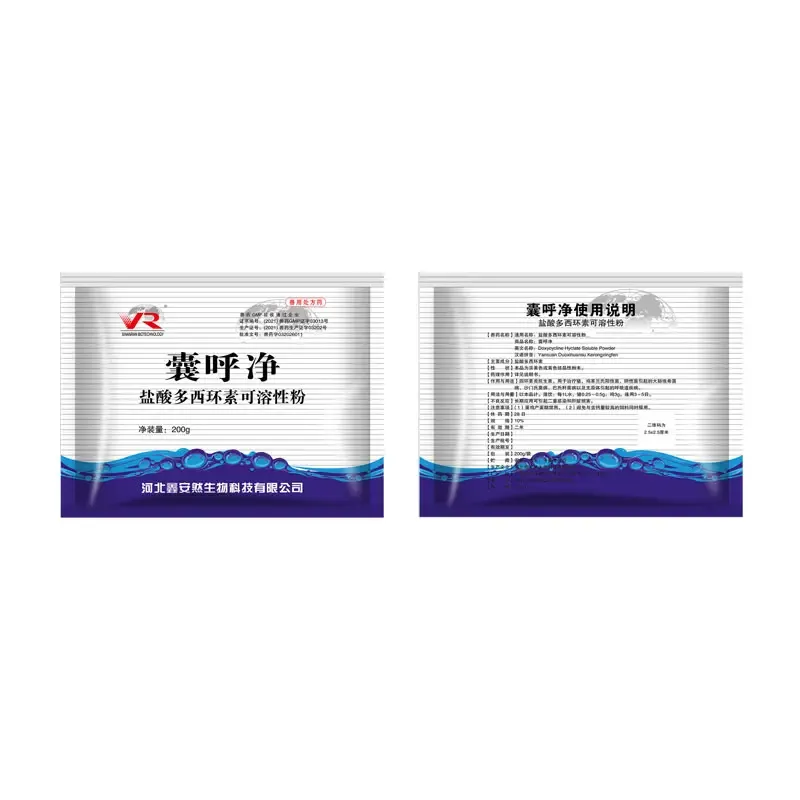- Afrikaans
- Albanian
- Amharic
- Arabic
- Armenian
- Azerbaijani
- Basque
- Belarusian
- Bengali
- Bosnian
- Bulgarian
- Catalan
- Cebuano
- Corsican
- Croatian
- Czech
- Danish
- Dutch
- English
- Esperanto
- Estonian
- Finnish
- French
- Frisian
- Galician
- Georgian
- German
- Greek
- Gujarati
- Haitian Creole
- hausa
- hawaiian
- Hebrew
- Hindi
- Miao
- Hungarian
- Icelandic
- igbo
- Indonesian
- irish
- Italian
- Japanese
- Javanese
- Kannada
- kazakh
- Khmer
- Rwandese
- Korean
- Kurdish
- Kyrgyz
- Lao
- Latin
- Latvian
- Lithuanian
- Luxembourgish
- Macedonian
- Malgashi
- Malay
- Malayalam
- Maltese
- Maori
- Marathi
- Mongolian
- Myanmar
- Nepali
- Norwegian
- Norwegian
- Occitan
- Pashto
- Persian
- Polish
- Portuguese
- Punjabi
- Romanian
- Russian
- Samoan
- Scottish Gaelic
- Serbian
- Sesotho
- Shona
- Sindhi
- Sinhala
- Slovak
- Slovenian
- Somali
- Spanish
- Sundanese
- Swahili
- Swedish
- Tagalog
- Tajik
- Tamil
- Tatar
- Telugu
- Thai
- Turkish
- Turkmen
- Ukrainian
- Urdu
- Uighur
- Uzbek
- Vietnamese
- Welsh
- Bantu
- Yiddish
- Yoruba
- Zulu
9 月 . 10, 2024 10:07 Back to list
Effective Medicine for Treating Hookworms in Dogs
Hookworms are a common parasitic infection in dogs that can lead to severe health issues, including anemia and weight loss. These intestinal parasites thrive by attaching to the intestinal lining and feeding on the host’s blood. As a responsible dog owner, it is essential to know how to identify these parasites and what medicines are effective in treating them.
The primary medications used to kill hookworms in dogs are anthelmintics, commonly known as dewormers. Some of the most effective anthelmintics for hookworms include pyrantel pamoate, fenbendazole, and milbemycin oxime. These medications work by disrupting the hookworms' nervous system or preventing their ability to absorb nutrients, ultimately leading to their death.
Pyrantel pamoate is often favored for its effectiveness against various types of worms, including hookworms and roundworms. It is available in both liquid and tablet forms and is generally safe for puppies as young as three weeks old. Dosage usually depends on the dog’s weight, and it can be given as a single dose.
Fenbendazole, on the other hand, is broader in its spectrum, as it targets several gastrointestinal parasites, including hookworms, roundworms, whipworms, and certain types of tapeworms. It typically requires a multi-day treatment course, making it efficient for infections with multiple parasitic types.
what medicine kills hookworms in dogs

Milbemycin oxime is another strong contender, particularly in combination with other medications as part of heartworm prevention programs. It effectively eliminates hookworms with a single dose and is commonly included in monthly heartworm prevention tablets.
Before administering any medication, it is crucial to consult with a veterinarian. They can accurately diagnose the presence of hookworms through fecal tests and recommend the most appropriate treatment based on your dog’s specific needs, health status, and the severity of the infestation.
In addition to medication, maintaining proper hygiene and regularly monitoring your dog’s health can help prevent hookworm infestations. Regular fecal examinations and following a preventative deworming schedule will keep your pet safe from these harmful parasites. By taking proactive measures, you can help ensure that your dog remains healthy and happy, free from hookworm infections.
-
The Power of Radix Isatidis Extract for Your Health and Wellness
NewsOct.29,2024
-
Neomycin Sulfate Soluble Powder: A Versatile Solution for Pet Health
NewsOct.29,2024
-
Lincomycin Hydrochloride Soluble Powder – The Essential Solution
NewsOct.29,2024
-
Garamycin Gentamicin Sulfate for Effective Infection Control
NewsOct.29,2024
-
Doxycycline Hyclate Soluble Powder: Your Antibiotic Needs
NewsOct.29,2024
-
Tilmicosin Premix: The Ultimate Solution for Poultry Health
NewsOct.29,2024













